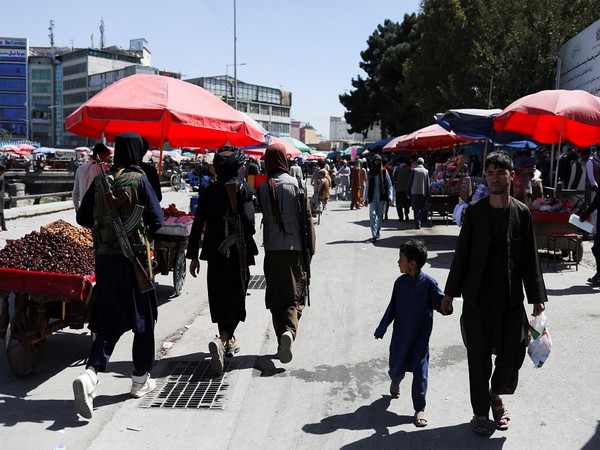
Kabul: More than 24.4 million people are in need of humanitarian aid in Afghanistan--an increase from 18.4 million in 2021, said a report by the US Special Inspector General for Afghanistan Reconstruction (SIGAR).
The report states that the Taliban takeover of the country and the resulting cut in international assistance has led to a worsening humanitarian crisis. 70 per cent of the Afghans are unable to provide for their basic needs, SIGAR said in a report to the US congress.
"Some 70 per cent of households reported being unable to cover basic food and non-food needs, reflecting the impact of decline in household incomes," according to the study, citing US State Department figures.
The report adds that people selling their kidneys as evidence of how dire the situation has become.
According to international assessments, Afghanistan has now the highest number of people in emergency food insecurity in the world, with more than 23 million in need of assistance, and approximately 95 per cent of the population having insufficient food consumption.
Of particular concern is the vulnerability of more than four million internally displaced, including people belonging to minorities and over 3.5 million seeking refuge in neighbouring countries.
Basheer Shabiri, an economist, said the key reason for poverty is a lack of investment and lack of strategic programs in the last two decades.
"The main reason for poverty is a lack of investment in infrastructure and lack of strategic programs in the last 20 years by the government and by the international community, as well as by insecurity," he said.
"The recent tensions in Ukraine had a very small impact on the situation in Afghanistan and this shows the success of the Islamic Emirate," said Abdul Latif Nazari, deputy Minister of Economy.